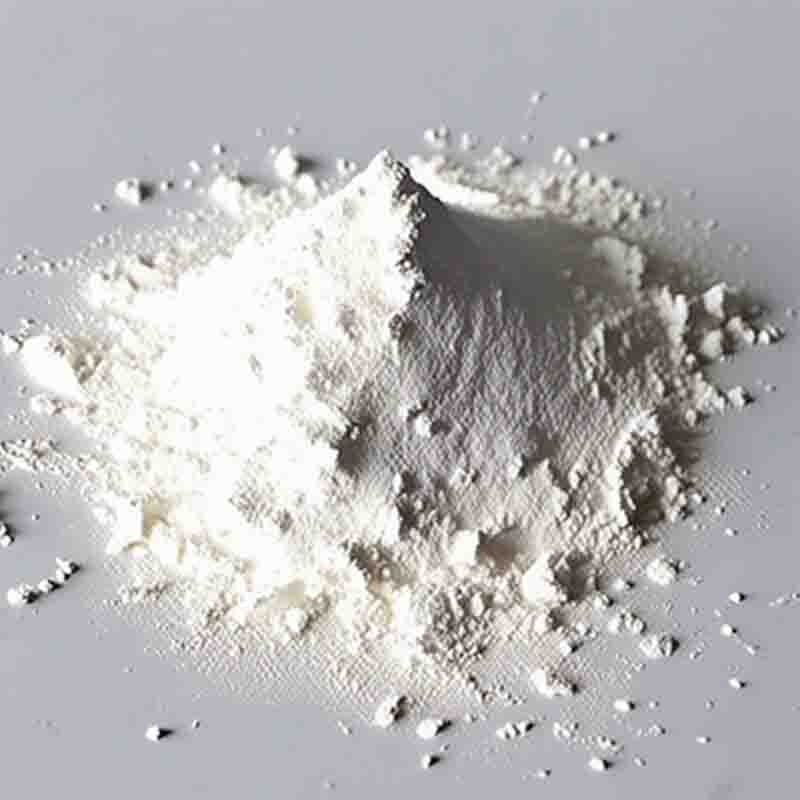Trans-4-Methylcyclohexylisocyanate CAS: 32175-00-1
| Catalog Number | XD94276 |
| Product Name | Trans-4-Methylcyclohexylisocyanate |
| CAS | 32175-00-1 |
| Molecular Formula | C8H13NO |
| Molecular Weight | 139.19 |
| Storage Details | Ambient |
Product Specification
| Appearance | White powder |
| Assay | 99% min |
Trans-4-Methylcyclohexylisocyanate is a chemical compound with a variety of uses in different industries. It is commonly referred to as TMCI and belongs to the family of isocyanates, which are widely utilized in the production of polyurethanes.TMCI is primarily used as a building block in the synthesis of polyurethane polymers. Polyurethanes are versatile materials with a wide range of applications, including foams, coatings, adhesives, elastomers, and fibers. TMCI acts as a reagent in the formation of polyurethane by reacting with polyols, generating urethane linkages. This reaction leads to the formation of materials with diverse physical and chemical properties, depending on the specific formulation.One of the key applications of TMCI-based polyurethanes is in the production of flexible and rigid foams. Flexible foams are commonly found in furniture, mattresses, car seats, and other cushioning materials due to their excellent comfort and resilience. In contrast, rigid foams are often used for thermal insulation in buildings, refrigeration systems, and packaging. TMCI contributes to the structural integrity and stability of both types of foams.TMCI is also employed in the manufacturing of polyurethane coatings and adhesives. Polyurethane coatings are known for their exceptional durability, weather resistance, and gloss retention. They are used in a wide range of applications, including automotive finishes, industrial coatings, and protective coatings for various surfaces. Polyurethane adhesives are valued for their high bonding strength and versatility. They are widely used in industries such as construction, automotive, and electronics.Furthermore, TMCI is utilized in the production of elastomers, which are rubber-like materials with excellent elasticity and resilience. Polyurethane elastomers find applications in products such as seals, gaskets, belts, wheels, and medical devices. TMCI contributes to the cross-linking of the polymer chains, resulting in enhanced mechanical properties.It is important to note that TMCI is a reactive and potentially hazardous substance. Proper handling and safety precautions are necessary during its use to prevent exposure and ensure worker safety. Protective equipment, ventilation systems, and adherence to safety protocols are crucial when working with TMCI.In summary, TMCI is a valuable compound in the production of polyurethane polymers, which have extensive applications in industries such as furniture, automotive, construction, and packaging. Its use as a building block in the synthesis of polyurethanes allows for the creation of versatile materials with diverse properties, including foams, coatings, adhesives, and elastomers.




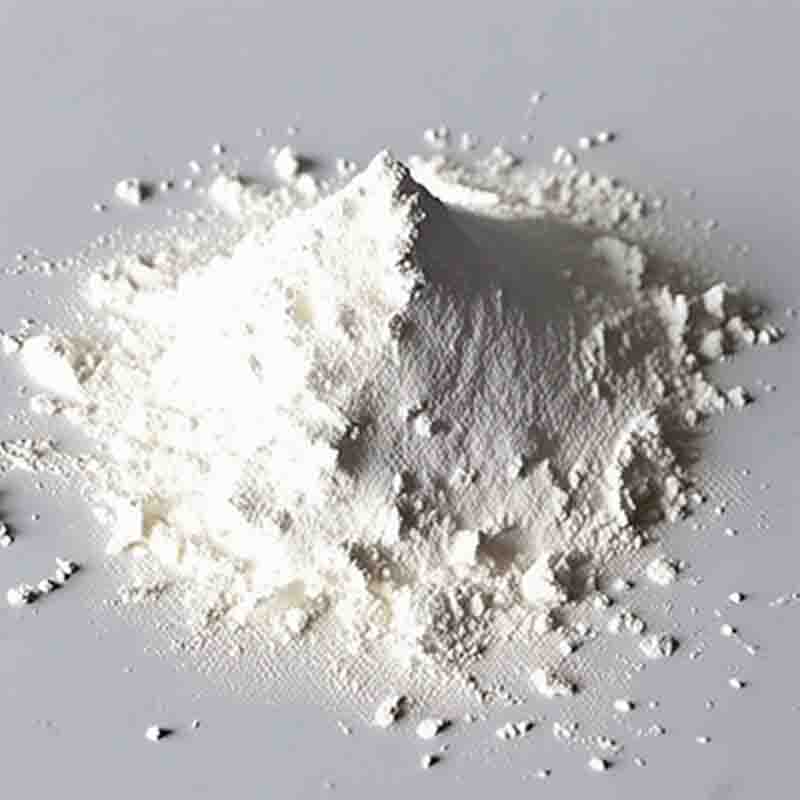
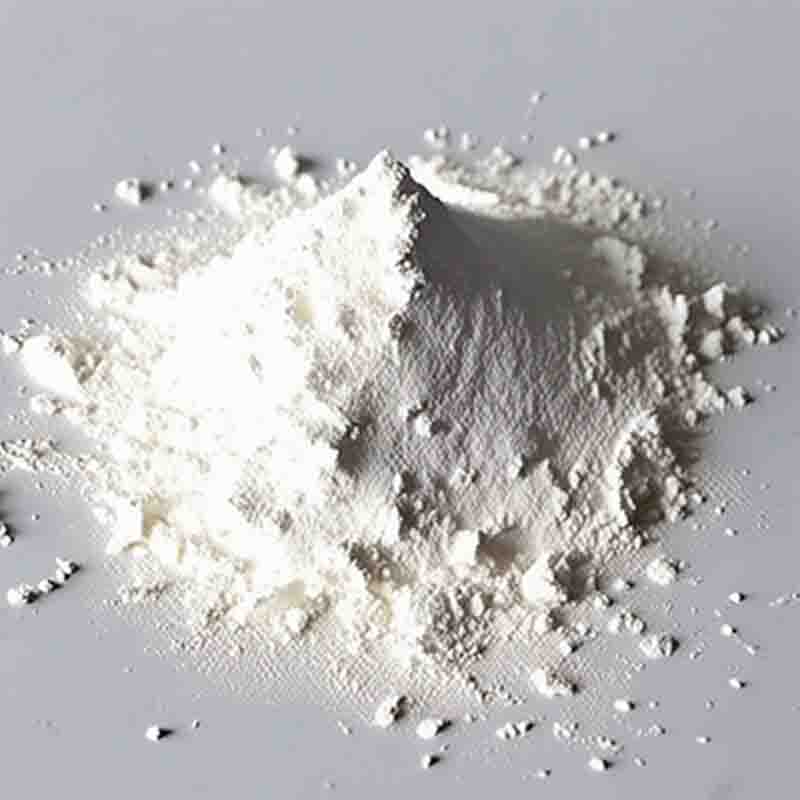
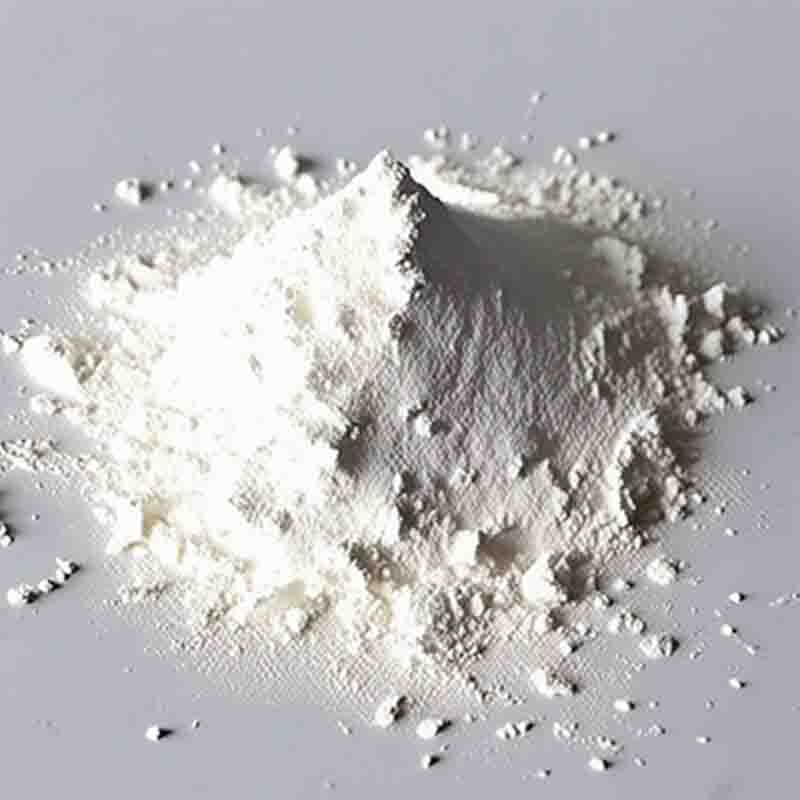
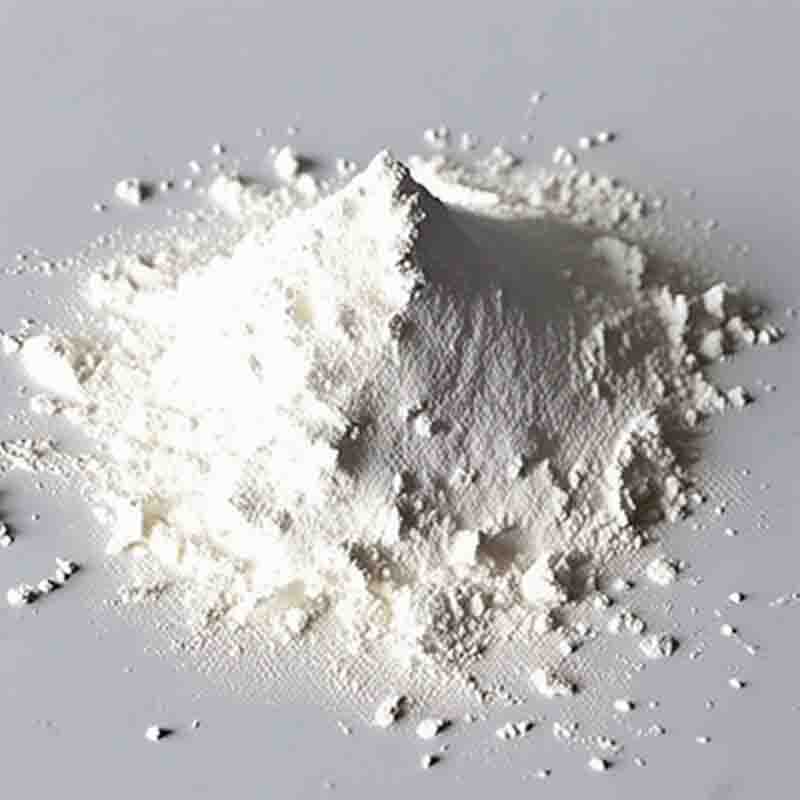
![4-[6-[[6-(1-Butoxyvinyl)-8-cyclopentyl-5-methyl-7-oxo-7,8-dihydropyrido[2,3-d]pyrimidin-2-yl]amino]pyridin-3-yl]piperazine-1-carboxylic acid tert-butyl ester CAS: 866084-31-3](https://cdn.globalso.com/xdbiochems/白色粉末2287.jpg)
